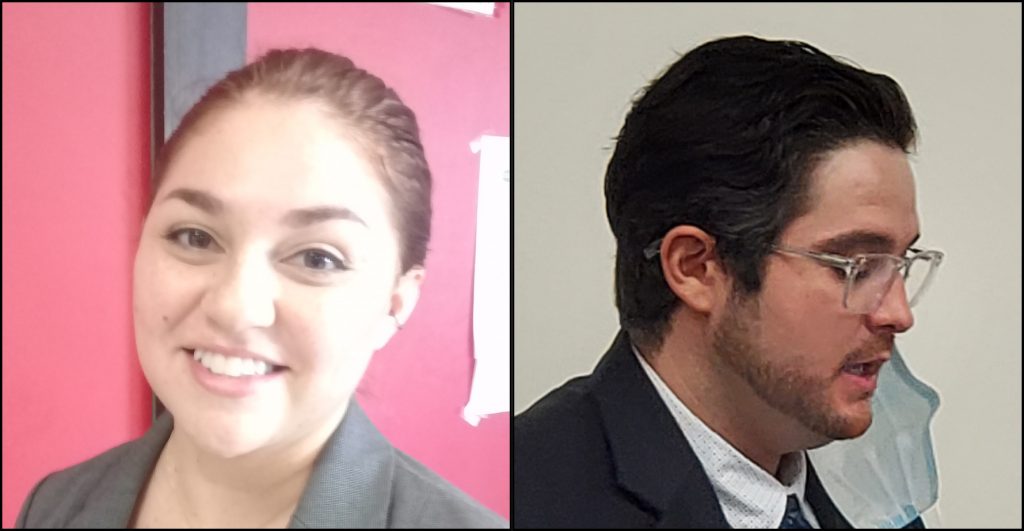Hodson opposes preliminary hearing bill
Lawyer Charity Hodson is strongly opposed to a bill that intends to amend procedures for a preliminary hearing in a criminal case, saying the proposed bill, House Bill 23-42, undermines the constitutional principle of innocent until proven guilty.
CNMI Chief Solicitor Robert Glass, however, defends the legislation, saying what this bill does is it takes the initial case in the CNMI Supreme Court, which held that there is no constitutional right to a preliminary hearing.
Preliminary examination refers to court’s determination whether there is probable cause to believe that a crime has been committed and that the accused committed it.
Hodson and Glass shared their opposing opinions on the bill during the public hearing on the legislation last week by the House of Representatives Judiciary and Governmental Operations Committee. The committee did not act on the bill to allow Chief Public Defender Douglas Hartig and other lawyers to comment on the legislation.
Hodson said the bill seeks to remove preliminary hearings altogether if an information has already been filed, or a court has reviewed an affidavit for probable cause for arrest.
“Why? What is the current need to upset the process already in place?” Hodson asked.
She asserted that preliminary hearings serve an important safeguard in the CNMI against potential miscarriages of justice by ensuring that there is a sufficient evidence to proceed to trial.
She said eliminating these hearings undermines the principle of innocent until proven guilty and increases the risk of wrongful conviction.
She said preliminary hearings provide an opportunity for judicial oversight, allowing justice to assess the credibility of evidence and evaluate the strength of the prosecution’s case. Hodson said the bill does not amend or clarify procedures, but instead muddles them.
She said removing the stage from the criminal justice process diminishes the roles of judges and concentrates power solely in the hands of prosecutors. She asserts that preliminary hearings act as a check on prosecutorial discretion.
Hodson said preliminary hearings should provide an opportunity for defense attorneys to challenge the sufficiency of evidence and present arguments for the dismissal or reduction of charges.
As a defense attorney, Hodson said, she had been in court before where a defendant was being charged with various crimes. Yet when it came time for the prosecution to actually submit any kind of evidence in support of them, it turns out that several of those charges have no evidence, she said.
“And so instead, without a preliminary hearing, a defendant would be held to charge for all of these crimes for which there is no evidence. That’s unjust,” the lawyer said.
Lastly, Hodson said, without preliminary hearings to filter weak cases, trial courts would face a significant increase in cases that could possibly overload the system, cause delays and potentially hinder the resolution of more serious cases.
In defending the bill, Glass said the constitutional right is that probable cause found by the judge.
“That is done through warrants. And that is done through affidavits of probable cause, which is what we call Rule 4 or Rule 5. They are signed by judges. That is probable cause,” Glass said.
He said that is a judge looking at things and coming to the conclusion that there’s enough evidence to support probable cause.
























